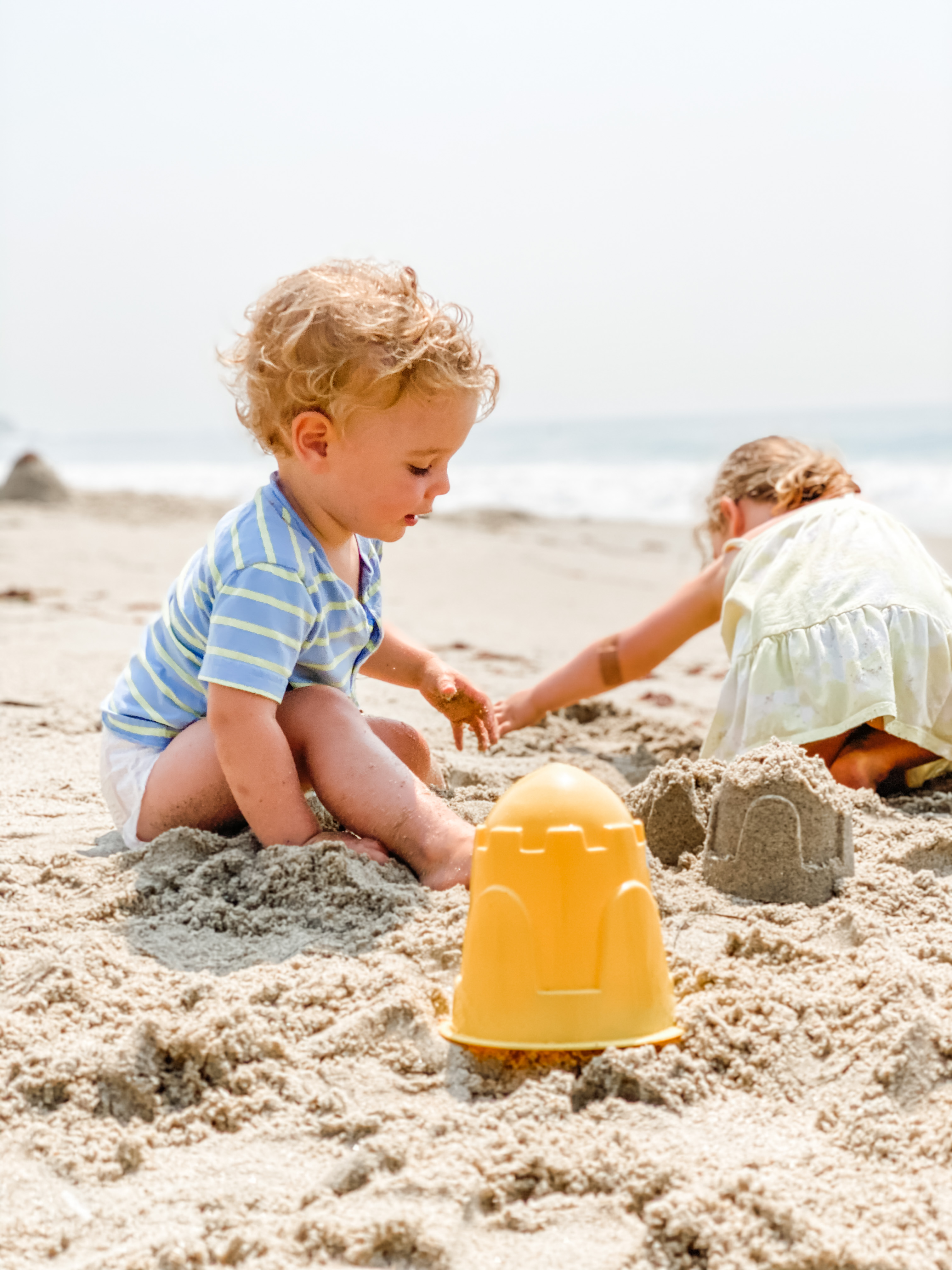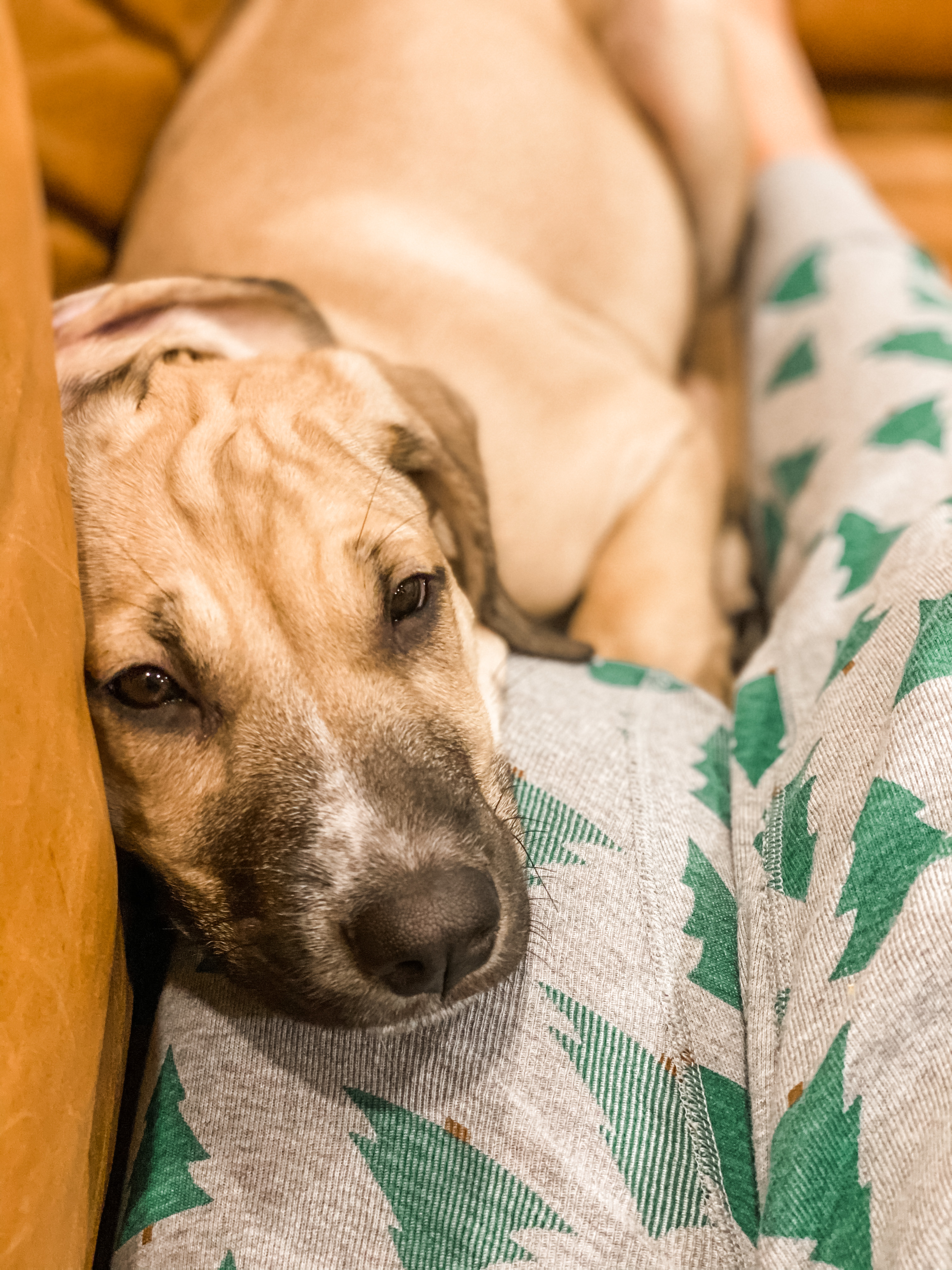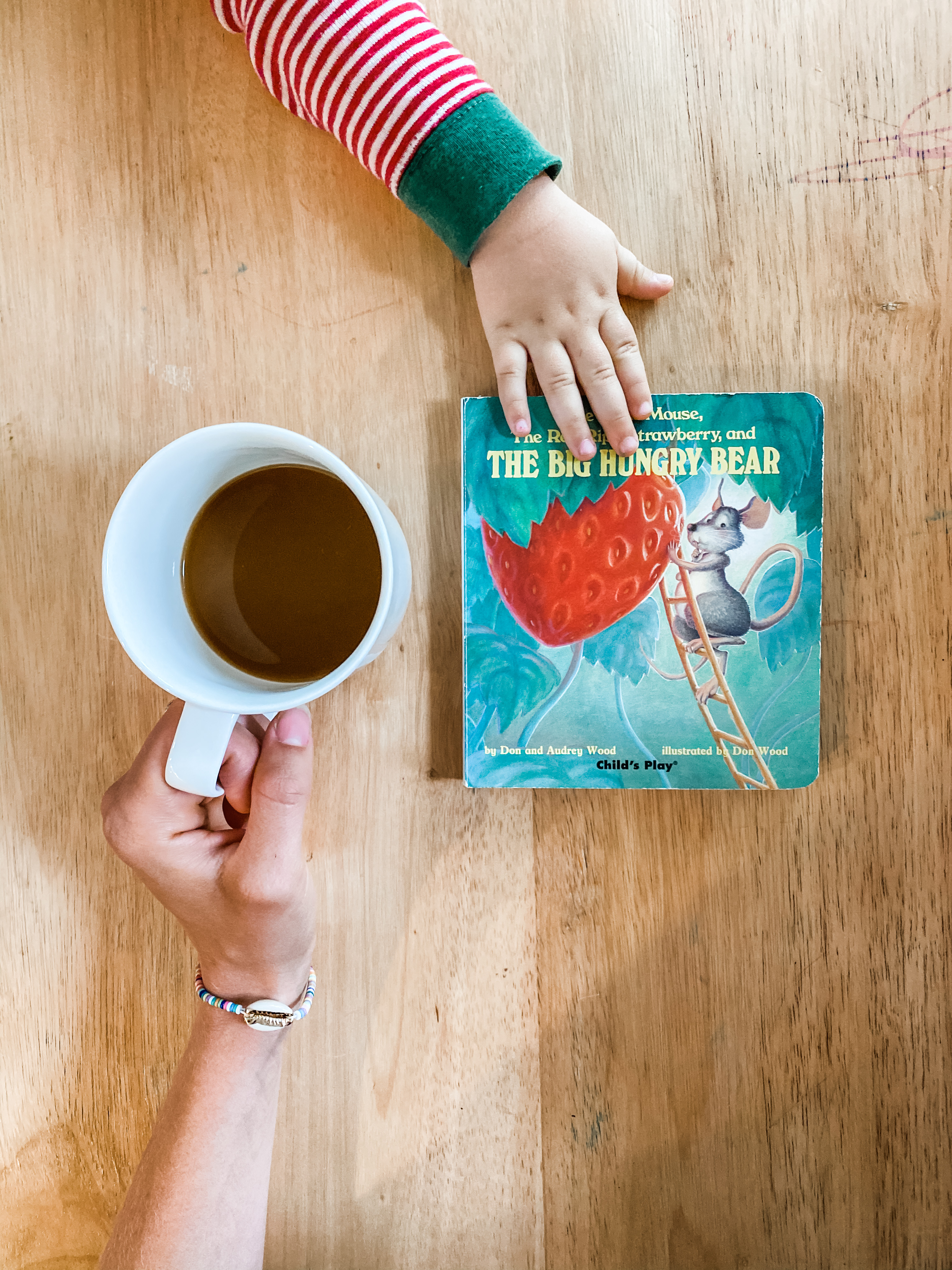Worrysaurus by Chris Chatterton really speaks to my anxious soul. When I was little, there weren’t a lot of kid’s books about worriers. I oftentimes felt like I was the only one who felt, as Worrysaurus calls them “butterflies,” on a nearly daily basis. As I’ve grown up, I’ve realized I’m far from alone in my worrying, and have finally come to really accept and believe in the fact that “If it’s not a happy ending, then it hasn’t ended yet.”
In honor of this lovely book, and the way in which it aims to teach kids (and adults) how to put their worries in perspective, I’m here to share with you all a few of the tips and tricks that I’ve learned over the years to help me cope with the “butterflies” that still pop up from time to time.
I hope you enjoy the post, and maybe even incorporate some of these strategies into your own daily routines!

1. Ask myself: Can I control it? Can I change it? The biggest, and arguably most important thing I have started doing as an adult to temper my anxiety is to really purposefully evaluate which of my stressors are “worth” stressing over, and which are not. If I’m worried about an evaluation at work, or being prepared for a big day of activities with the kids, “worrying” (to some degree) may actually help encourage me to prepare more and work harder. But when I’m worried about feeling awkward at a party, or my kids contracting some terrible disease, or aliens descending upon my neighborhood, worrying isn’t going to do much to solve the problem. Sometimes, when I’m working through a particular worry, I find it helpful to write down which parts of the issue are, and aren’t, within my locus of control. While the answers are often obvious, I find that putting them on paper (or even in a nice little venn diagram) helps me visualize that the components of the problem I actually can, or should, try to control are relatively small, and much more manageable than I might have initially thought.
2. Affirmations: After my son got sick, I became a little OCD about germs. I was terrified to let him touch anything, or be around anyone, because I was so scared of being a “bad mom” again and somehow allowing him to contract round 2 of viral meningitis. I ended up going to see a therapist to talk about what I knew was becoming a problem and she reminded me that this thing I was so afraid of (my infant son falling ill) had already happened. And, at the time that it happened, I had noticed it, and dealt with it. Even though the experience sucked, we got through it, and that, in itself, should serve as a testament to me of what I was capable of. So now, whenever I find myself worrying about something (a potential illness, or injury in particular), I remind myself that I’ve been there, and done that, and if/when it happens again, I can handle it.
3. Take a high quality omega-3 and B-complex vitamins: Weirdly enough, there are plenty of studies that suggest regular use of high-quality fish oils and B-vitamins are effective in decreasing the symptoms of depression and anxiety. I take both regularly, and while it’s hard for me to prove causation in myself, I honestly think they help. I prefer the Nordic Naturals brand of fish oils, and the Garden of Life B-Complex (always look for a B vitamin that includes FOLATE vs. folic acid, as the latter has been linked to an increased risk of breast cancer in women).
4. Grounding: So this one sounds like true hocus pocus, but actual scientific studies have proven that “grounding” (the process of putting your bare feet and/or hands on the ground for at least 10 minutes a day) can decrease cortisol levels. It has to be the actual earth (not your hardwood floors), and doing it in the sunshine is even better. I’m lucky enough to live in a place where I’m able to walk around barefoot pretty much any time of the year, and I try to make a real effort to do it daily.

5. Journaling: Putting my thoughts on paper is the best way I know how to reflect. If I’m having trouble writing something, that’s probably because I haven’t really worked out what I think or feel about it. And while I think that the process of putting my thoughts on paper is important in and of itself, I think that re-reading my journal entries is also a great way of re-evaluating my past beliefs and checking in on my growth.
6. Audiobooks: Sometimes I’m not ready to really “process” my worries. Or I’m too tired to do it effectively. In those cases, I enjoy escaping into a good story. It’s even better if I can listen to a good book, while also doing something with my hands (doodling, knitting, crafting, etc.). I think that working through our worries can require a lot of energy and head-space, and it’s ok to admit to yourself when you just don’t have that.
7. Connecting with others: Talking to friends always makes me feel better. Sharing my fears and anxieties often makes me feel less alone, and and somehow more in control. There have been times during this pandemic when I have really opened up about my struggles to people I didn’t know super well, and, to be honest, I never regretted it. Even though worry and anxiety can make us feel so alone at times, we are far from the only ones who experience it, and sharing it with friends, or even just acquaintances, can be a good way to remind ourselves of that fact.
8. Using my planner: This one’s simple. I’m pretty disorganized. And it causes me stress. When I actually commit to using my planner, I feel better. Now I just have to get my lazy bum to do it consistently…
9. Cuddling the pups: Petting a dog releases serotonin in your brain, and decreases cortisol levels. My pets are like a living, breathing, non-prescription Xanax, and a good cuddle sesh always makes me feel better.

10. Moderate exercise: I used to be a big runner, but I found that the more I did it, the more I started to feel depleted, instead of energized. I think that, in adulthood in particular, it’s important to really listen to how your body responds to exercise. For me, a brisk walk, or a strength-based workout, helps curb my anxiety, and leaves me feeling a lot more energized than the long runs I used to turn to in times of stress.
11. Cutting down on the caffeine, and the wine: As much as I hate to admit it, caffeine and booze definitely ramp up my anxiety. On the other hand, I have two small children who don’t always sleep through the night (so coffee is oftentimes crucial), and I really enjoy a glass of pinot noir. So, I do my best to limit both. While I used to drink a truly enormous mug of coffee on my way to work every day, I now try to stick to one half-caf cup a day. (And I always drink it after a full glass of water). I also still drink a glass or two of wine here and there (when not pregnant, obviously), but try to save it for occasions when I’m already feeling good, instead of using wine to cope with life’s daily stressors. (Although I’m admittedly far from perfect on that front…)

12. Tiny apartment tours: When all else fails, I turn to YouTube. For some reason, I find tours of tiny New York City apartments to be super relaxing. There’s something about people who are extraordinarily organized, and who live (by themselves) in adorably compact spaces, that really chills me out. I can’t totally explain it, but it works.